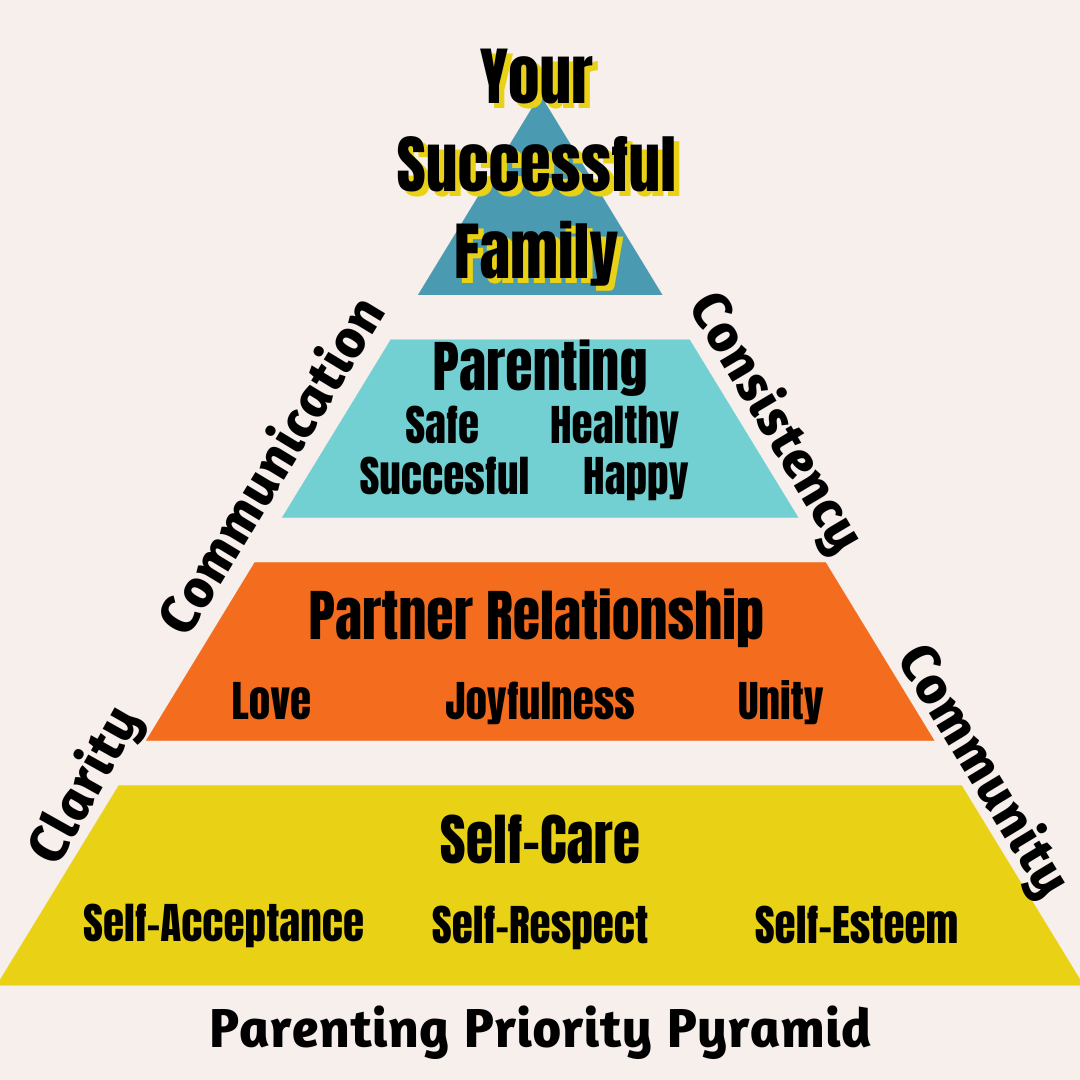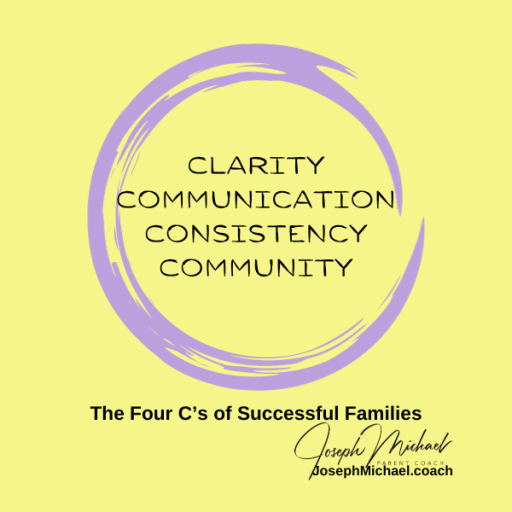
Clarity + Communication = Family Unity
Unity doesn’t just happen by chance. It’s built brick by brick, day by day, through clarity and communication. This week, let’s explore how these two pillars can strengthen unity in your family and deepen your relationship with your spouse.

Why Clarity is the Key to Unity
Clarity in family life is about understanding and articulating what truly matters. It means getting clear on values, priorities, and expectations—and doing so together. Here are steps to create clarity:
-
-
- Identify Core Values: Sit down as a couple and list the values that resonate with both of you. Examples might include honesty, kindness, or perseverance.
- Define Family Goals: Do you want to prioritize quality time, financial stability, or shared spiritual growth? Align on a vision that reflects your shared aspirations.
- Clarify Expectations: Discuss day-to-day roles and responsibilities. Who handles what, and how can you support each other better.
-
Communication: The Bridge to Understanding
If clarity is the blueprint, communication is the bridge that makes it actionable. Effective communication creates a safe space for every family member to feel heard and valued. Here’s how to improve communication:
-
-
- Be Intentional: Set aside time for meaningful conversations. Whether it’s a weekly check-in or a quiet evening chat, make it a priority.
- Practice Active Listening: Show empathy by truly listening. Repeat back what you hear to confirm understanding, e.g., “I hear that you’re feeling overwhelmed. How can I help?”
- Be Honest but Kind: Speak the truth with love, focusing on solutions rather than blame.
-
Practical Tips for Unity Through Clarity and Communication
-
-
- Create a Family Charter: Write down your family’s mission, values, and goals. Frame it or post it somewhere visible as a reminder.
- Daily Connection Rituals: Small, consistent habits like morning hugs, dinner conversations, or bedtime reflections can work wonders.
- Conflict Resolution Strategy: Agree on a method for resolving disagreements—such as taking a pause to cool off before discussing a heated issue.
-
Building Unity with Your Spouse
Your partnership is the heart of the family. Strong unity between spouses creates a ripple effect of harmony. Here’s how to strengthen your bond:
-
-
- Share Your “Why”: Revisit why you got married and what you’re building together.
- Dream Together: Plan for the future as a team. Whether it’s a dream vacation or a career goal, dreaming together fosters connection.
- Celebrate Wins: Acknowledge and celebrate the big and small victories, from paying off a debt to surviving a tough week.
-
When parents model unity through clarity and communication, children absorb those values. They learn to express themselves, work as a team, and value shared goals. A unified family doesn’t mean there are no disagreements; it means navigating them with respect and love.
Reflection Question:
What’s one area where clarity or communication could strengthen unity in your family this week? Take a small step toward improvement today.
Unity isn’t just a virtue; it’s a gift we give to ourselves and our families. By focusing on clarity and communication, you’re building a legacy of love and togetherness that will benefit future generations.
Joe is a husband, father, grandfather, author, speaker, educator, course creator, and parent/family coach.
He helps parents develop unity, find clarity, communicate, and develop consistency in their parenting with the Four C’s of Successful Families. You can find his work on social media.
In addition, the Four C’s newsletter is enjoyed by many as it encourages parents to self-care, build their relationships with their partners, and raise their children.
And he loves to golf!









